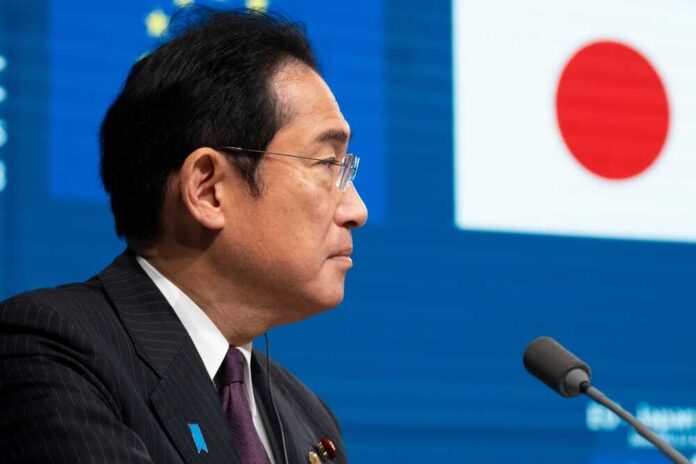
Official Japanese media reports that Prime Minister Kishida Fumio has asked to meet with Kim Jong Un, the leader of North Korea, “as soon as possible.” Nevertheless, Kim abruptly reversed his position the day after dropping hints about the possibility of such a meeting, declaring that Pyongyang would refuse any kind of communication or discussions in response to Tokyo’s ongoing worries over the abductees and the nuclear and ballistic missile programs run by the Kim dictatorship.
Kishida sought to improve his domestic popularity rating by attempting to discuss with Kim—the first such attempt in twenty years. The fate of the Japanese citizens abducted by North Korea in the 1960s and 1970s, as well as any prospects for their release, will likely take center stage at the summit.
Last month, Kim Yo Jong—the influential sister of leader Kim Jong Un—seemed to suggest that the North Korean leadership was amenable to direct negotiations with Japan, so long as Tokyo stopped bringing up issues related to North Korea’s legitimate right to self-defense and the already settled abduction issue.
Disputes that stem from the Japanese occupation have contributed to the deterioration of relations between the two nations. Among other things, the Koreans hold Japan responsible for the forced labor and brothels that they say the Japanese soldiers used to employ women throughout the war.
On April 10, President Joe Biden will visit Kishida in the United States for a meeting. The US has made it clear that it wants North Korea to engage in conversation and diplomacy.
In 2002, North Korea acknowledged that thirteen Japanese people had been abducted many years before. The relatives of the five abductees eventually went back to Japan, claiming that the others had perished. Still, Tokyo is sure that 17 Japanese were kidnapped and is looking into what happened to the others who didn’t come back.
Yoshimasa Hayashi, the chief spokesman for the Japanese government, has called North Korea’s claim that the abduction problem has been settled “totally unacceptable,” highlighting possible roadblocks to healing relations.














